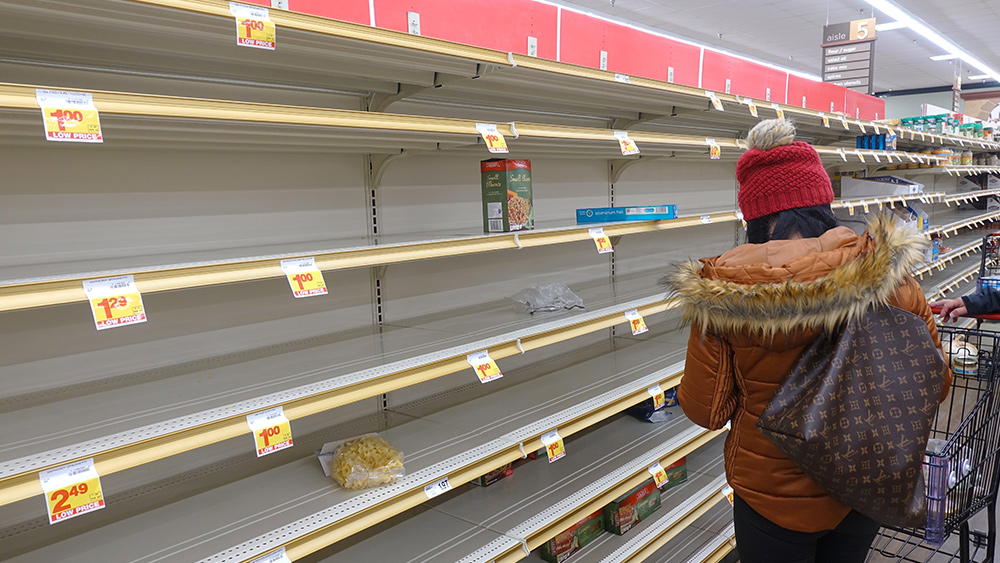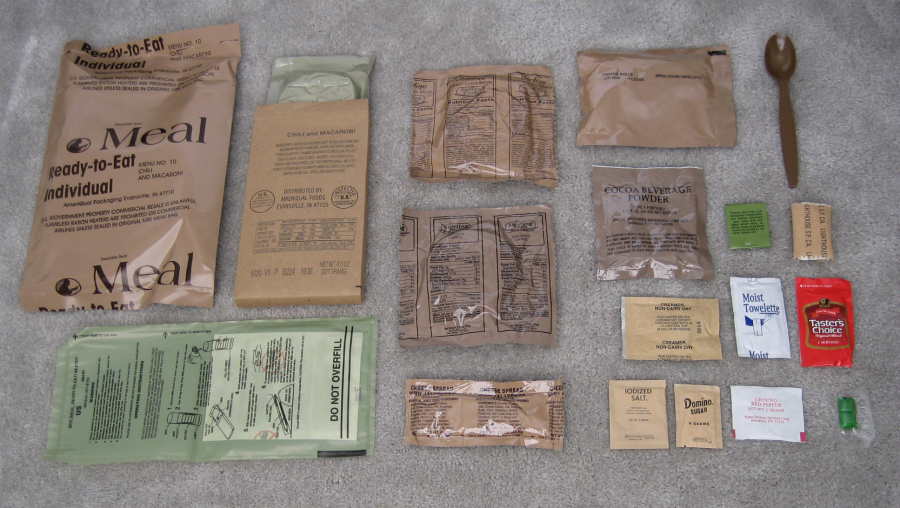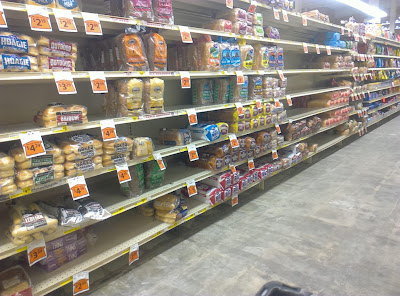Covid supply chain woes worsen as prices soar, shelves run bare
08/30/2021 / By Ethan Huff

Numerous U.S.-based food distributors are “reporting difficulties in fulfilling orders as a lack of workers weighs on the supply chain,” new reports reveal.
Distribution giant Sysco, one of North America’s largest wholesale food distributors, is now having to turn away customers in some areas where demand exceeds capacity, resulting in empty shelves and growing panic.
Inflation is only exacerbating the problem as it drives up prices for key goods such as pork, chicken and paper products for takeout packaging. There is also slowing production for high-demand, labor-intensive meat cuts like bacon, ribs, wings, and tenders.
You might even call it a perfect storm that threatens to trigger hyperinflation among many staple products that people rely on to survive in modern society.
“There are certain areas across the country that are more challenged by the labor shortage and our volume of orders is regularly exceeding our capacity,” announced Sysco Chief Executive Officer Kevin Hourican in a letter to clients earlier this month.
“This has, unfortunately, led to service disruptions for some of our customers.”
Retailers hedge supplies by hoarding ahead of holiday season
Data from the analysis group DecaData, which tracks retailer transactions with shoppers and manufacturers, shows that some stores are stockpiling goods ahead of the holiday season in an attempt to hedge their supplies.
Between January and July, the rate of suppliers having to limit or put a cap on customer orders has more than doubled, suggesting that there are now major difficulties getting products into stores.
United Natural Foods (UNF), another major distributor, is similarly having trouble getting food into grocery stores. Labor shortages are one factor, as are delays in getting some imported goods like cheese, coconut water and spices into the supply line.
“We anticipate additional supplier challenges in the short term with gradual improvement through the fall and winter,” a representative from UNF is quoted as saying.
UNF says its top priority is to support customers “by working diligently to recover and bring their shelves back to normal inventory levels as quickly as possible.”
North Americans can expect higher food prices moving forward
This double whammy of not enough labor and blockaded supply chains means that shortages of key perishables will continue, as will higher prices on some food items that get caught in the fray.
None of this would be happening had governments never shut down the global economy in response to the Wuhan coronavirus (Covid-19), but now the damage has already been done. It will remain an uphill battle trying to get things back to normal.
Sysco, based out of Houston, is desperately trying to hire as many people as possible, including by offering referral and sign-on bonuses, along with retention money. Some are taking the bait but apparently not enough to really get things going.
Benjamin Walker, senior vice president of sales, marketing and merchandise at Baldor Specialty Foods, says his company is seeing “massive labor shortages” as well.
“Service levels are the lowest I’ve seen in my 16-year career, and it doesn’t seem like it’s going away anytime soon,” he is quoted as saying, noting that finding new truck drivers is “next to impossible” as freight costs rise daily.
Consequently, the company’s orders are arriving late and facing delays getting to customers. On-time deliveries on the outbound side are still above 50 percent, but have fallen from the usual rate of more than 90 percent.
“We all thought it would be over by now,” Walker says. “It’s just one thing after another. This is going to be the norm for a while.”
To keep up with the latest news about the government’s destruction of the global economy using the Wuhan coronavirus (Covid-19) as an excuse, visit Collapse.news.
Sources for this article include:
Tagged Under: Collapse, COVID, food, food inflation, food prices, food supply, goods, inflation, shortages, store shelves, supply chain
RECENT NEWS & ARTICLES
EmergencyFood.News is a fact-based public education website published by Emergency Food News Features, LLC.
All content copyright © 2018 by Emergency Food News Features, LLC.
Contact Us with Tips or Corrections
All trademarks, registered trademarks and servicemarks mentioned on this site are the property of their respective owners.





















